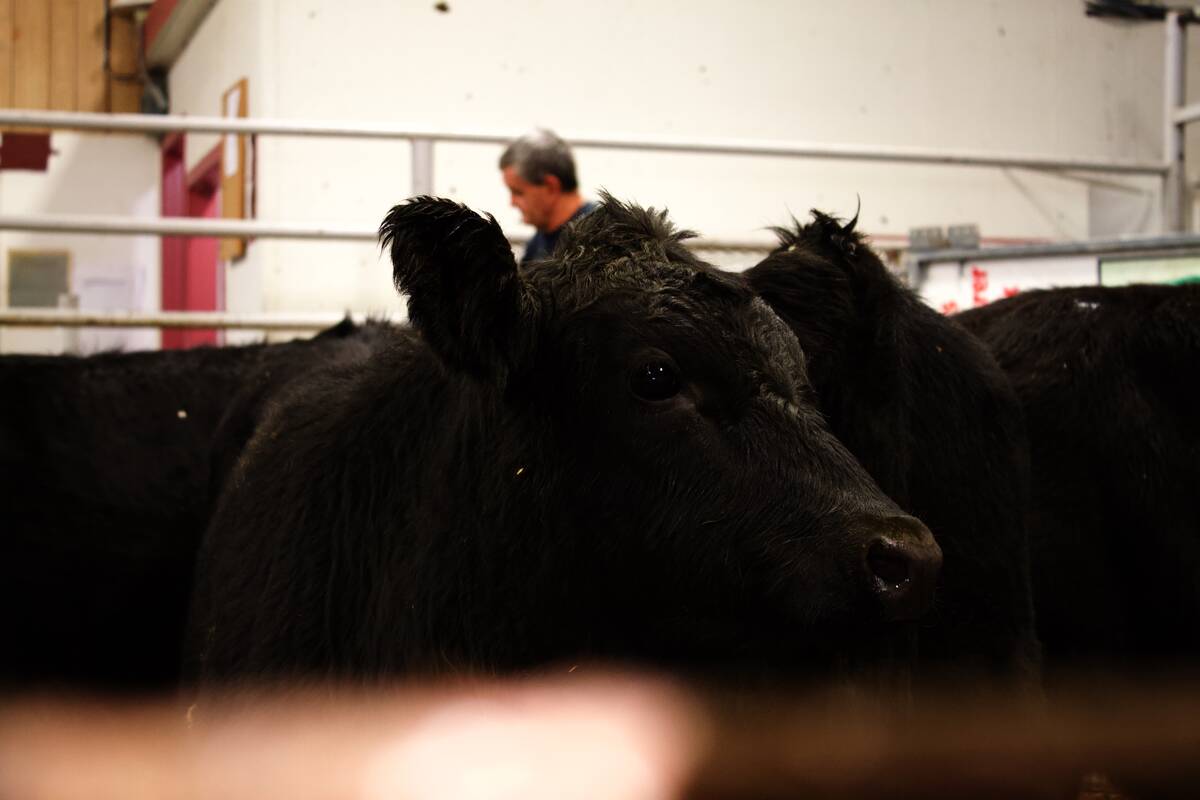The federal government’s own analysis of the past year’s efforts to open export markets to Canadian livestock and crop commodities gives credit to a co-ordinated, multi-agency approach for the results achieved.
Groups including the Canadian Cattlemen’s Association, Canola Council of Canada and Pulse Canada made note of the Federal Market Access Team’s recent report in separate releases Monday.
“This co-ordinated approach with (Agriculture and Agri-Food Canada’s Market Access Secretariat) has been instrumental in assisting the canola sector in maintaining and building access to key markets,” Canola Council president JoAnne Buth said.
Read Also

U.S. livestock: Cattle rally, hogs rise
Chicago cattle rallied on Monday. Lean hogs also rose. Most-active April live cattle futures closed at 239.525 cents a pound,…
“This approach is paying dividends for canola farmers and industry, and is helping to ensure that Canadian production and innovation is not limited by market barriers.”
In a report on its activities between January 2010 and March 2011, the Market Access Team noted that by collaborating and co-ordinating market access efforts and activities, the federal agriculture and international trade departments, Canadian Food Inspection Agency, provincial governments and industry “succeeded in re-opening, maintaining and expanding markets for many Canadian agricultural and agri-food products.”
Canada’s market access, the government said, was improved in the given time frame for exporters in animal genetics (beef, pork and poultry); beef; canary seed; canola seed, meal and oil; flax; horses (for breeding); horticulture (including potatoes); organic commodities; peas; plant biotechnology; pork and swine; poultry meal and porcine blood meal; rendered animal byproducts; and wheat.
The government, spotlighting the report in a release Monday, noted that “among other positive results, Canadian beef exports to Russia have more than tripled in value since increased beef access was gained in recent years” and that Canada has secured a “more stable trading environment” with China by negotiating transitional measures to continue canola seed exports.
“Sustained efforts”
The government’s report grants that substantial work remains ahead to open export markets to Canadian agrifoods.
“Despite the significant milestones and progress made, resolving market access issues remains a lengthy, iterative and resource-intensive process requiring sustained technical, political and diplomatic efforts,” the report said.
The government’s release of the Market Access Team’s report on Monday follows a joint statement Friday from the CCA, Canadian Pork Council, Canada Pork International and Canadian Meat Council, again urging Ottawa to resume long-stalled talks toward a free trade deal with South Korea.
“The Canadian pork and beef industries are very concerned that postponing the (free trade agreement) talks any further will seriously affect the competitiveness of theirs and other Canadian sectors exporting to South Korea,” the meat groups said Friday.
The four organizations’ statement follows the United States Congress’ move on Oct. 12 to ratify a free trade deal with Korea, expected to immediately end duties on over two-thirds of current U.S. ag exports to that country.
“Significant problems”
Trade challenges that lay ahead “will require concerted government action to see progress,” Pulse Canada chairman David Nobbs said in a separate release Monday.
“Tariff and quota restrictions continue to hamper exports from Canada’s pulse industry, while transportation challenges and non-tariff barriers at home and abroad are adding costs that are being borne by Canadian farmers.”
It wasn’t surprising, Nobbs said, to see pulse crops featured prominently in the Market Access Team’s report. “The pulse industry has faced significant market access problems in the past year and we have made significant progress.”
For Pulse Canada, priorities going forward include tariff parity and access to import quotas to match those of Canada’s export competitors.
For example, the pulse group said, the Canada-Morocco free trade agreement isn’t yet implemented and “under current conditions, the U.S. will enjoy a 30 per cent tariff advantage on peas and a 2.8 per cent advantage on lentils beginning in 2012.”
Ongoing priorities on the CCA’s list, apart from market access for Canadian beef in Korea, include negotiation of a trade deal with the European Union in 2012; resolution of issues caused by mandatory country-of-origin labelling (COOL) in the U.S.; and expanding access to Japan, Russia and Mexico.
“I appreciate the continued emphasis (Agriculture Minister Gerry Ritz and Trade Minister Ed Fast) place on improving and maintaining market access for Canadian farmers and ranchers,” CCA president Travis Toews said in a separate release Monday. “With Canadian agriculture so dependent on exports, competitive market access is critical to our success.”














